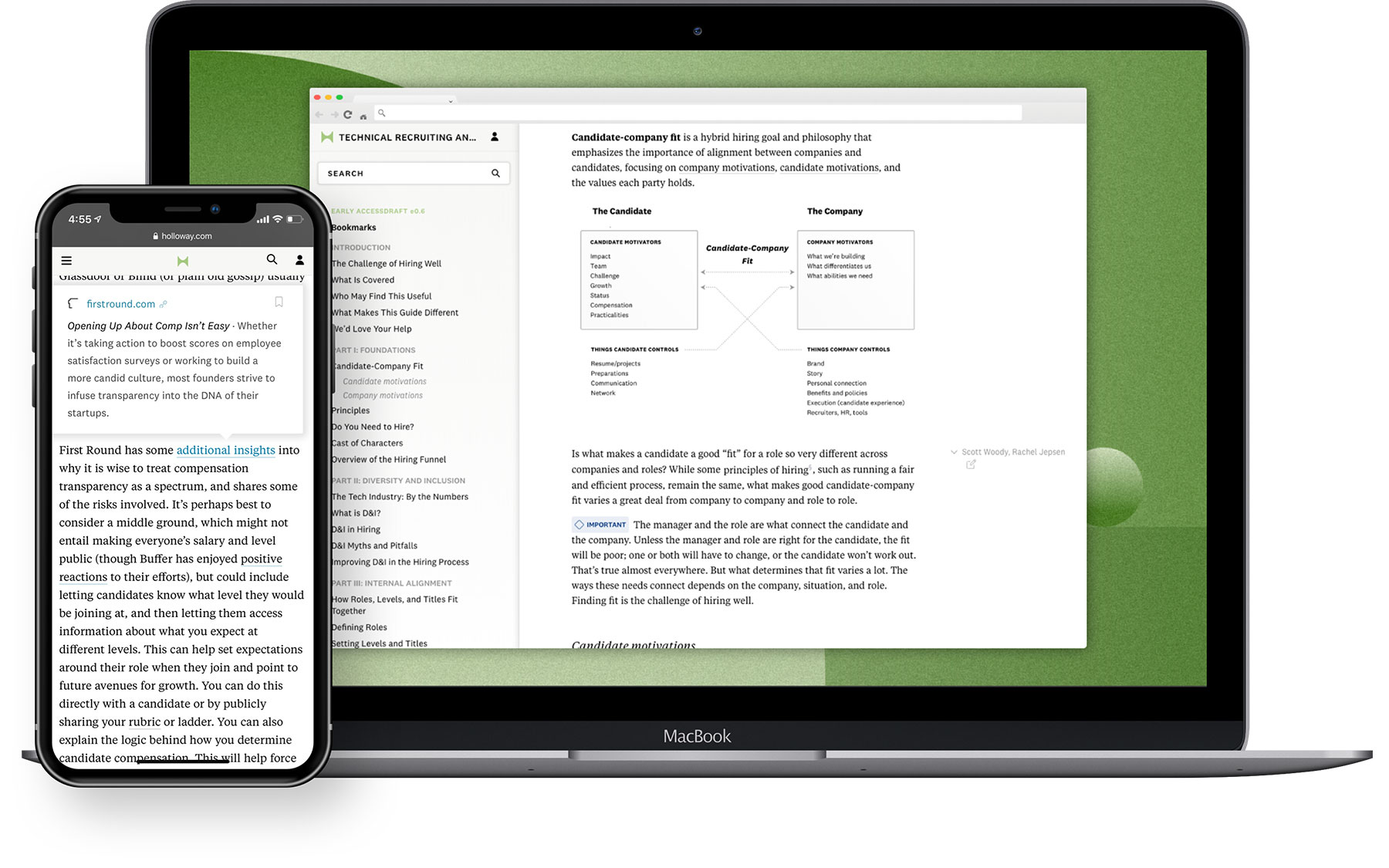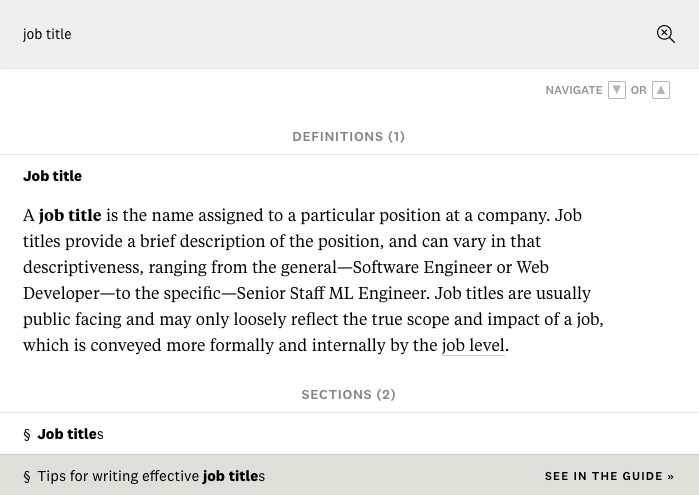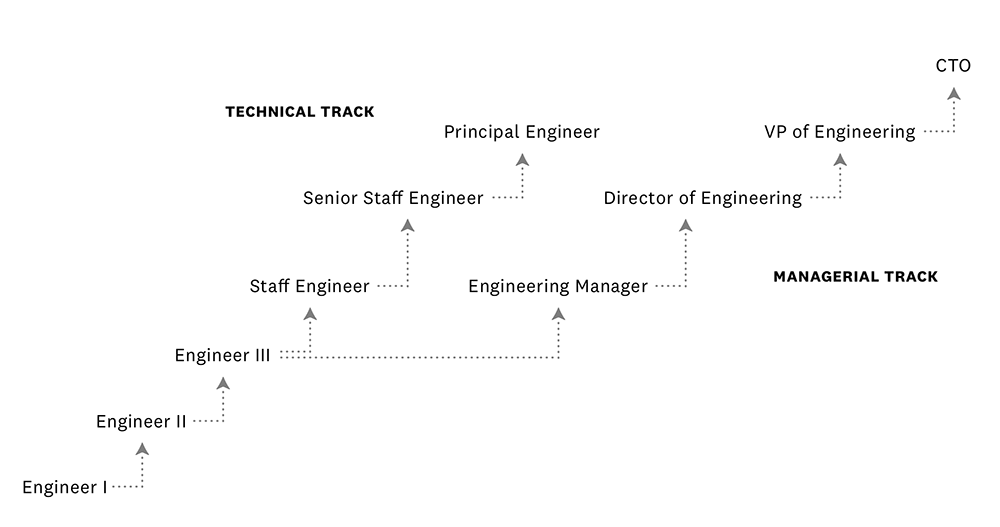Startup Foundations Bundle
Six essential guides for early startups, written by entrepreneurs with decades of experience. Comprehensive, practical, and filled with insights from top startup leaders.
Your Early Startup Survival Guides
In the early days of your startup, every decision counts. Fundraising. Equity. Hiring. Sales. Culture. The choices you make today will determine the outcome of your company—of your success or failure.
Where will you turn for advice when it matters most?
The Startup Foundations Bundle includes six essential guides for navigating the most challenging parts of building a new business:
- Raising Venture Capital by Andy Sparks
- Equity Compensation by Joe Wallin and Joshua Levy
- Technical Recruiting and Hiring by Osman (Ozzie) Osman
- Founding Sales by Pete Kazanjy
- Remote Work by Katie Wilde and Juan Pablo Buriticá
- Great Founders Write by Ben Putano
Each guide includes the collective wisdom of dozens of entrepreneurs with decades of experience, from dozens of startups and successful companies like Buffer, Stripe, Facebook, Dropbox, Google, and Quora, as well as top venture funds and law firms. They are as comprehensive as they are practical, helping you make better decisions that set your company up for success. Get lifetime access to each online book, future updates, bookmarks, highlighting, commentary, and all other digital resources included with the title.
Featured Reviews
Raising Venture Capital
What’s Inside
Equity Compensation
What’s Inside
Remote Work
What’s Inside
Technical Recruiting and Hiring
What’s Inside
Founding Sales
What’s Inside
Reading with Holloway
Read with Holloway
We believe in a reading experience that goes beyond paper or e-books. Reading on Holloway means a distraction-free, interactive format to help you find what you need, when you need it, in your browser. Digital access means access to additional digital resources, future updates, curated commentary from experts and readers, and features like search and bookmarks.

Definitions of Key Terms
Definition A job requisition (or job requisition form) is an internal company document a manager uses to formally request permission to fill a role or position. These documents are particularly useful for coordination and wider alignment at larger companies. For instance, the requisition might require approval (often from finance, HR, and upper management) to ensure sufficient space and funding are available for a new hire. Once the requisition receives the necessary approvals, it can serve as the starting point for a discussion between the hiring manager and their designated recruiter (for instance, at a role intake meeting).
Powerful Search Features

Pitfalls and Confusions Explained
danger️️ Wording in your job description can have unintended consequences in determining who applies. Attempts to make your roles sound more enticing can actually discourage people from applying. Researchers have found evidence that using gendered language contributes to an imbalanced pipeline of candidates; certain language can also discourage older candidates or candidates from marginalized communities from applying.
confusionPeople often confuse percentiles and percents, with serious consequences. When someone recommends compensating at the 75th percentile, they are talking about percentile rank, or paying at a rate that is greater than what 75% of companies pay for a role (in a given market, stage, et cetera). This is very different from paying 75% of what a fair market salary would be.
controversyThe “best” interview format for coding questions is a notoriously controversial topic. While many companies rely primarily on onsite, face-to-face coding interviews, a significant fraction of engineers consider “whiteboard coding” to be intimidating, stressful, and not predictive of job performance. On the other hand, alternatives like take-home tasks have drawbacks as well.
Visual Presentations

Get the Bundle
All Five Guides, Lifetime Access, One Price
The Holloway Startup Foundations Bundle
Six essential guides for early startups covering fundraising, equity, hiring, growth, culture, sales, and communication skills. Comprehensive knowledge from top startups leaders.
Researched, written, and edited by experts.
Written by practitioners. Edited by professionals.
Frequently Asked Questions
What exactly am I buying?
By purchasing a title on Holloway.com, you get full digital access to the book and all other resources that come with it, for unlimited use by you. That means you get lifetime access online for that title on the web, using the Holloway Reader. In contrast with Kindle and other ebooks, this also includes future updates from the author or editors. Finally, depending on the title, you get additional digital resources like PDF downloads, documents, spreadsheets, or audio clips! If you purchase a bundle, you get all additional resources for each title in the bundle.
What is the Holloway Reader?
The Holloway Reader lets you read and engage with books bought on Holloway. Many of our readers call it the best reading experience for books on the web—you use it right in your browser, on desktop or mobile. In contrast to ebooks and paper books, online content in the Holloway Reader is always up to date, including updates when changes to the content are made, like responses to reader questions, new data, or new developments. It also lets us experiment with what the future of the book should look like, offering features you won’t find in Kindle or Apple Books.* It includes expert commentary in the margins and offers bookmarks and highlights, instant definitions of technical terms from a glossary, instant previews of links and footnotes, and a powerful search capability only available on Holloway titles—and we have a lot more on the way.
Are there any discounts?
We do offer discounts if you select a bundle or more than one title during checkout. We also offer student discounts to individuals with a valid .edu email address.* Before a book is released, it is available for pre-order at a discount. By pre-ordering a title, you’re supporting us and our authors in their work and you may get a note from the author, early access, or other perks.
Finally, if you sign up on our email list, in addition to excerpts and updates about our titles you’ll get any occasional special offers (infrequently—we don’t want to spam folks!).
Can I buy Holloway titles as a gift?
Yes! You can purchase and instantly share lifetime digital access for any title in the catalog. You can do this for a friend or a small group by selecting the number of invites you want to purchase during checkout. You’ll also get a receipt, so you may easily expense it if it’s a business purchase.
Can I buy Holloway titles for my team or my company?
Yes! It’s just like a gift for a few people, as above. For example, if you purchase 5 invites, you can forward the invite link or invitation email to the 5 people on your team.
We also offer additional options for team access for companies, groups, and classes. Use the team access form (just 3 questions) to set this up and get full pricing information or contact sales@holloway.com.
I have more questions!
Don’t we all. Check the full FAQ. And we’d love to hear from you at hello@holloway.com.